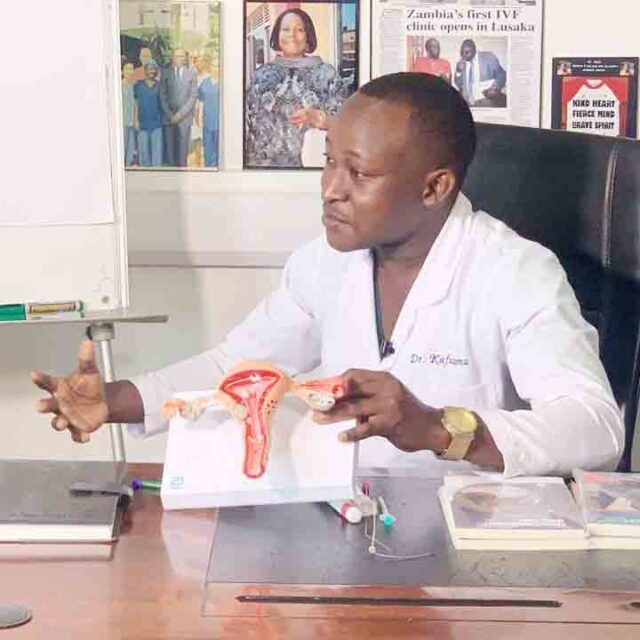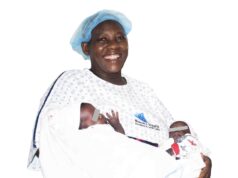While women are prone to the same health challenges as men, there are particular issues that they might suffer. Most, if not all female health problems are ordinarily misunderstood; many women do not give much attention to their symptoms, or perhaps do not have knowledge about them. Beatrice Nakibuuka explores some of the health issues that women are likely to suffer.
Cancers
Breast and cervical cancers are the commonest cancers among women.
Prof Moses Galukande, a surgeon and specialist in breast oncology, says breast cancer is the second most common in Uganda, after cervical cancer, and without a specific known cause and treatment.
He says: “Cervical cancer is the top killer for women at the moment, but soon breast cancer will be number one.
“A rough estimate is that over 2,000 women get breast cancer yearly in Uganda.”
The silent killer rarely shows signs for years but symptoms such as a lump in the breast, bloody nipple discharge, nipples sucking in, and an orange peel appearance of the skin on the breast may later manifest.
He also notes that the majority of women in Uganda present with the aggressive types of breast cancer which are characterized by rapid tumor growth and quick progression of the disease.
About 30 per cent of these women present with the worst sub-type of breast cancer called the Triple Negative Breast Cancer.

In exploring risk factors that predispose Ugandan women to breast cancer, Galukande’s research established that women who have breastfed less or not at all and those with a first degree relative with breast cancer are at a higher risk of acquiring the cancer, than those who have considerably breastfed and have no close relative with breast cancer in their lineage.
Delays in getting a diagnosis and limited access to treatment are largely responsible for poor outcomes and untimely death of so many women with breast cancer.
“Moreover, 30 per cent of those who go for the diagnosis never return owing to constraints of transport, delays in accessing diagnosis and treatment because of the huge number of patients with the same disease,” Galukande says.
Caroline Akello, 35, who is undergoing breast cancer treatment says she ignored the lump in her left breast, thinking it would disappear with time. She regrets and at times blames herself for not taking immediate action.
“Unfortunately, by the time I was screened, I was diagnosed with stage 111B cancer. Though I am on treatment, I feel it would not be this bad if had acted fast,” she says.
She advises women to always do routine cancer screening, in order to be sure if they are healthy.
Osteoporosis
Osteoporosis is a condition that leads to degeneration of the bone tissue. The body is absorbing more bone tissue than it is able to form.
It keeps on cleaning out the older bone tissues, but is unable to replace them. Ultimately, what remains is thinner and poor quality of bones.
According to Dr Moses Kakyama, an orthopedic surgeon at Comprehensive Rehabilitation Services in Uganda (CoRSU), we are all susceptible to thinning and weakening of bone tissue as we age, but being a woman past menopause (over 50 years) increases the risk higher.
One in every three women that are in their 50s suffers from bone degeneration more than men.
“When a woman hits menopause, her oestrogen levels reduce and the amount of new bone her body is able to replace also reduces.
“Therefore, the quality of her bones also reduces, leading to osteoporosis,” Kakyama says.
Secondarily, the cause for the slowly diminishing quality of bones may not be known, but can be blamed on HIV, an HIV drug known as Tenofovir, taking steroids for a long period of time, and hormonal dysfunction.
He, however, disclaims that not all patients on Tenofovir will develop osteoporosis because different people react to different drugs and medicines differently.
He recommends that if someone taking the drug is found to have osteoporosis, the orthopedist should write to the patient’s treatment centre to recommend a change in their regimen.
If not treated, a person will develop more fractures, leading to disability and will not be able to move freely.
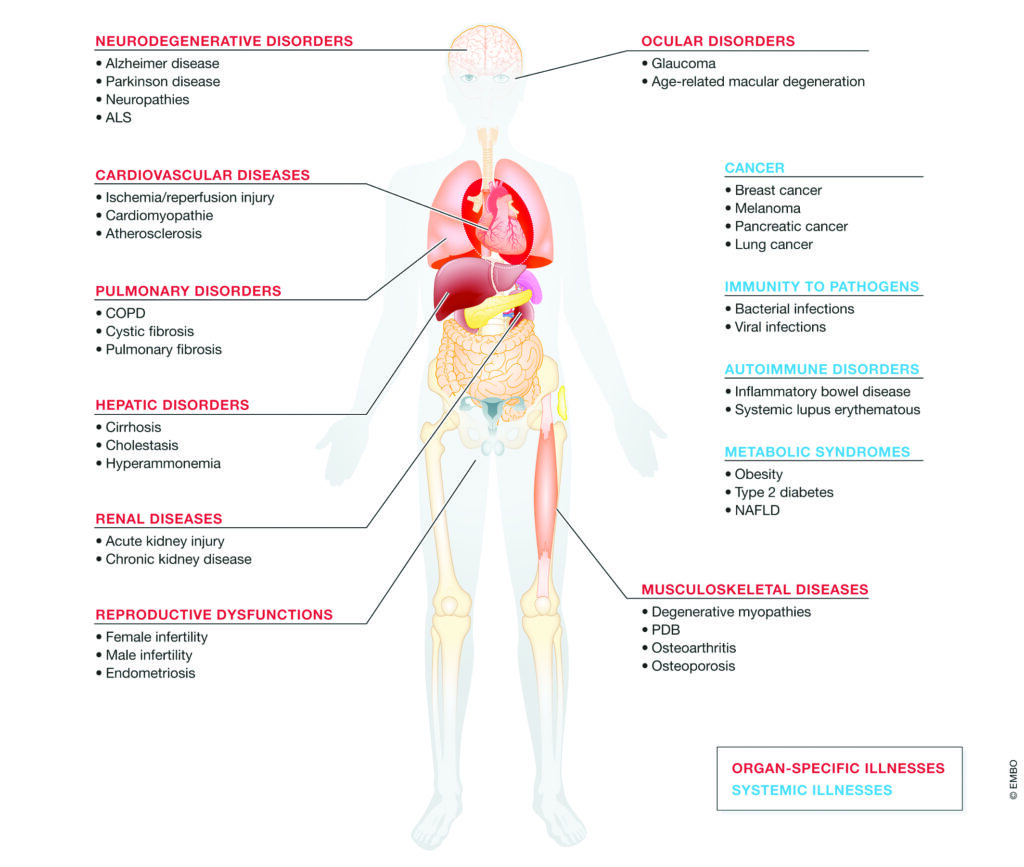
Menopause
Menopause is the natural decline in reproductive hormones when a woman reaches her 40s or 50s, which leads to an end of her menstrual cycle.
According to Dr Frank Kyeyune, a gynaecologist at Case Hospital Kampala, most women begin menopause between the ages 45 to 55. The warning signs to menopause are that the periods may become shorter, heavier or may last for longer than a week, spotting or even becoming irregular.
Globally, there are increasing numbers of women who get early menopause, and anything that damages the ovaries and stops estrogen production can cause this.
The commonest contributors to this problem are lifestyle factors.
Kyeyune says smoking is known to have an anti-estrogen effect which contributes to early menopause.
Dr Joseph Kafuuma, a gyenacologist at Women’s Hospital International and Fertiliy Centre Bukoto, says in some women the causes of early menopause are unknown.
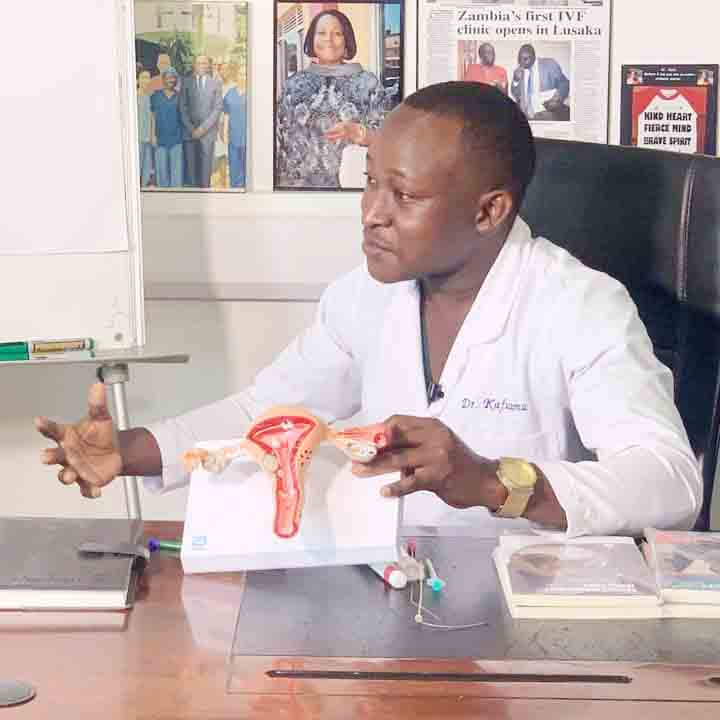
He says early menopause happens before the age of 40 and 45. If menopause happens before 40, it is known as premature menopause.
He adds that causes are: over smoking, surgery (if the uterus or ovaries are surgically removed), chemotherapy/radiotherapy, immune diseases like rheumatoid arthritis and HIV.
However, not all women who have chemotherapy or radiation will go through menopause.
Women with autoimmune diseases, such as thyroid disease and arthritis can also get early menopause.
Menopausal complications include hot flashes and less sexual desire, vaginal dryness leading to painful sex, sleep problems and mood swings.
Infertility
Infertility is the failure for a woman to conceive in a period of one year if they have had frequent unprotected sexual intercourse without using contraceptives.
There are several causes of infertility in both men and women and while female related problems account for about 70 per cent, the male related problems take a 30 per cent portion.
Dr Kyeyune says about three out of ten women that seek fertility treatment suffer from endometriosis (disorder in which tissue that normally lines the uterus grows outside the uterus).
In addition, Dr Kafuuma says miscarriages, fibroids, polycystic syndrome (PCOS), infections after termination of pregnancies can all lead to failure to conceive in most women.
He adds that some fibroid operations can also cause tubal blockage, which leads to infertility.
It is important to note that not all causes of infertility can have signs and symptoms, but there are some visible signs that might indicate that one has fertility problems. For example irregular, abnormal or no menstrual periods.
Stroke
A stroke, also known as a brain attack, is a medical condition where blood supply to a part of the brain gets interrupted suddenly by a blockage or rupture of a blood vessel, leading to leakage of blood into the brain tissue.
Stroke has a greater effect on women than men because women have more stroke events and are less likely to recover.
A stroke event is a clinical syndrome caused by disruption of blood supply to the brain, characterised by signs of disturbance of cerebral funtions.
Age-specific stroke rates are higher in men, but because of their longer life expectancy and much higher incidence at older ages, women have more stroke events than men, according to Dr Barbra Kakande, a Cardiologist at UMC Victoria Hospital.
As a result, Kakande says the brain cells die when they do not receive oxygen or nutrients which are supplied through blood.
There are two types of stroke: Ischemic stroke, brought by a blockage of a blood vessel supplying the brain, and hemorrhagic stroke which is caused by bleeding into the brain from a ruptured vessel.
The part of the brain will lack blood and will cease to function suddenly.
A stroke usually happens when the blood flow is disrupted because the wall of the blood vessels gets damaged progressively for a long period of time, by conditions such as; high blood pressure and high cholesterol, or because of an acute event, such as an infection.
Also, blood clots, usually from the heart, can also be transported to the brain and block the flow through narrower blood vessels. Parts of the brain get injured or even die.
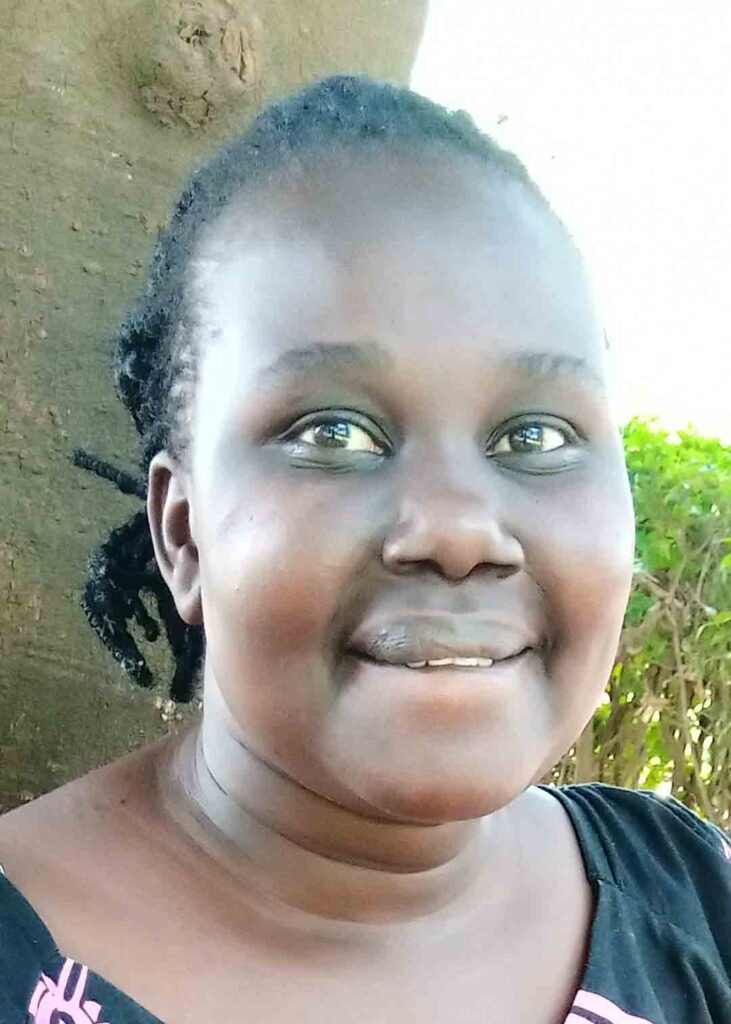
Urinary Tract Infections
UTIs affect more women than men because they have a short urethra, which makes them more susceptible to these infections.
This decreases the length bacteria has to travel in order to reach the bladder.
“The urethral opening of women is nearer to the source of bacteria thereby making it easier for them to reach the bladder, compared to men.
“Men rarely suffer from UTIs because they have a longer urethra,” says May Namata, a laboratory technologist at Sinux Laboratories.
A UTI is characterized by fever, abdominal pain, general weakness, backache, very painful and frequent urination and pain during sex.
Other health risks among women include: sexual health problems, heart disease, and postpartum depression, among others.
But with all these, doctors recommend that women carry out routine medical check-ups and watch their lifestyles because some can be avoided.
Divine intervention
Pr Patrick Ddembe, a Pentecostal street preacher, points to many Bible stories of healing that were particularly done for women with health problems.
He says: “The woman who had a bleeding issue for 12 years got healed when she touched the hem of Jesus’ clothing.
“Hanna, Sarah, Rebecca had been childless but the Lord healed their infertility and were able to bear children. There is nothing that is too hard for the Lord.”
“Today, while many women suffer from so many problems about their health, the Lord has not slumbered. He is there and is in the business and about to make a miracle in their lives.”
According to Jeremiah 33:6, God brings healing to His people. “Nevertheless, I will bring health and healing to it; I will heal my people and will let them enjoy abundant peace and security.”
Ddembe says that as patients seek treatment, they should pray and trust in God to work through the doctors so as to get the complete healing.
+++++++++++++++++++++++++++++++++++++++++
Subscribe to our website and be the first to receive great Christian news, health information, pastoral guidance, environment, farming and many others. Also, Like and follow us on Facebook at Good News UG.
















